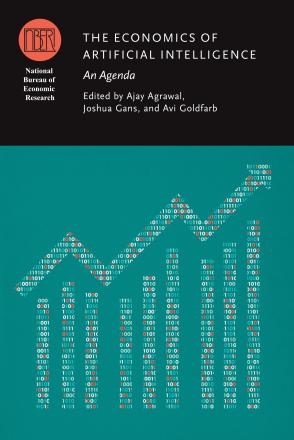Should We Be Reassured If Automation in the Future Looks Like Automation in the Past?

While artificial intelligence has not yet had a large macroeconomic impact, its potential economic impact is likely to grow in the coming years. Artificial intelligence offers both potential benefits, including higher productivity, and potential side effects, such as higher inequality or falling labor force participation. However, these outcomes are not inevitable. Instead, the ultimate impact of artificial intelligence will be shaped by public policy choices and other institutions. I argue that policies and institutions that help workers adapt to labor market changes brought on by artificial intelligence and which help to ensure that its benefits are widely distributed are likely to be more successful than large-scale changes to the social safety net, like establishing a universal basic income, at maximizing the potential benefits of artificial intelligence and minimizing its potentially disruptive side effects.
-
Copy CitationJason Furman, The Economics of Artificial Intelligence: An Agenda (University of Chicago Press, 2018), chap. 12, https://www.nber.org/books-and-chapters/economics-artificial-intelligence-agenda/should-we-be-reassured-if-automation-future-looks-automation-past.Download Citation


